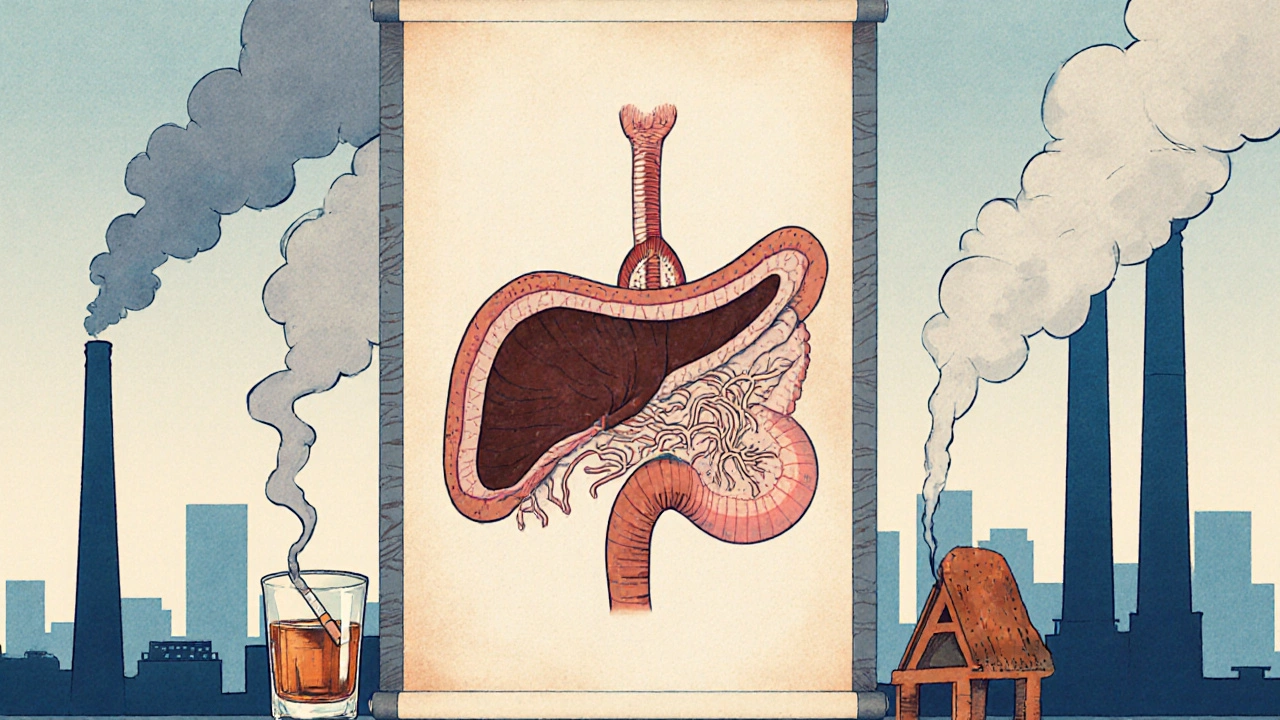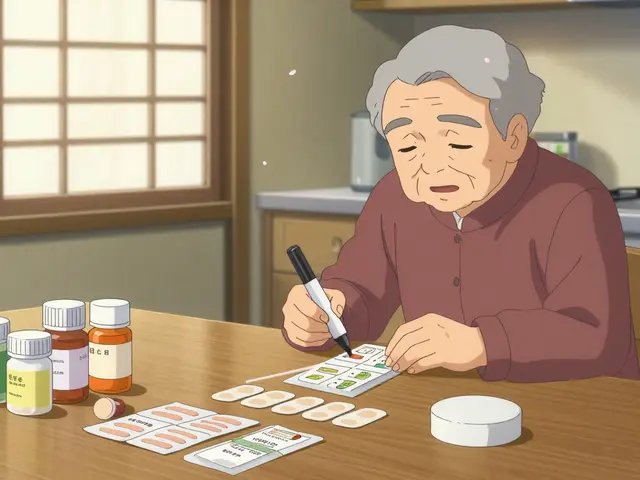Pancreatic Cancer: Causes, Symptoms, and What You Can Do
When we talk about pancreatic cancer, a deadly form of cancer that starts in the tissues of the pancreas, often without early warning signs. It's known as a silent killer because it rarely causes pain or obvious symptoms until it's spread. Unlike some cancers, there’s no routine screening test for most people—so understanding the risks and red flags is your best defense.
Pancreatic tumor, a mass that forms in the pancreas, can be benign or malignant. But when it’s cancerous, it grows fast and often hides behind vague symptoms like unexplained weight loss, new-onset diabetes, or dull pain in the upper belly that spreads to the back. These signs are easy to ignore—many people blame them on stress, aging, or a bad diet. But if they stick around, especially with a family history of pancreatic cancer or long-term pancreatitis, it’s not something to brush off.
Smoking, obesity, chronic pancreatitis, and certain genetic syndromes all raise your risk. Even if you’re healthy, if you’re over 60 and suddenly losing weight without trying, it’s worth a doctor’s visit. Early detection, finding pancreatic cancer before it spreads beyond the pancreas, is rare but possible—especially if you’re being watched closely due to family history or genetic testing. Imaging tests like CT scans or MRIs, along with blood markers like CA 19-9, help doctors spot trouble early enough to consider surgery.
There’s no magic cure, but treatment is getting smarter. Surgery, chemo, radiation, and newer targeted therapies are used in combinations tailored to the tumor’s behavior. Some patients respond well to immunotherapy if their cancer has specific gene changes. Clinical trials are opening doors to treatments that weren’t available five years ago.
What you’ll find here isn’t just a list of articles—it’s a collection of real, practical insights from people who’ve dealt with this disease, doctors explaining how tests work, and guides on managing side effects, nutrition, and emotional stress. You’ll see how pancreatic cancer links to other conditions like diabetes and liver problems. You’ll read about what medications help, how symptoms are managed, and what lifestyle choices make a difference. This isn’t theory. It’s what people are actually using to navigate this tough road.
Pancreatic Cancer and the Environment: Exploring the Link
Explore how smoking, diet, pollution, and other environmental factors influence pancreatic cancer risk and learn practical steps to lower your odds.






